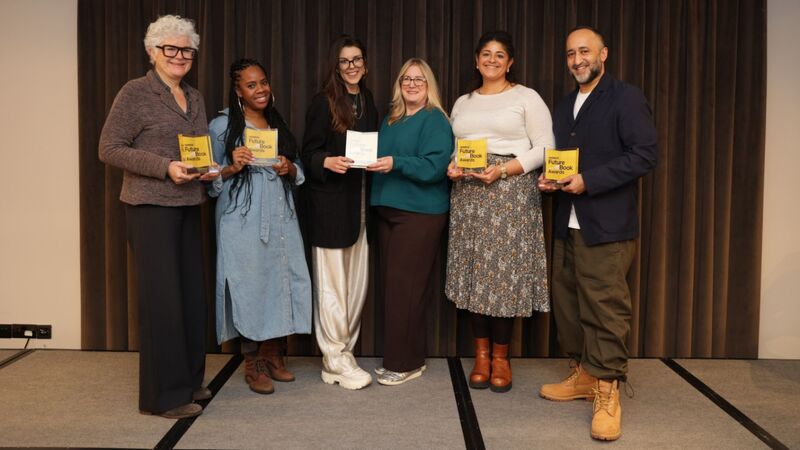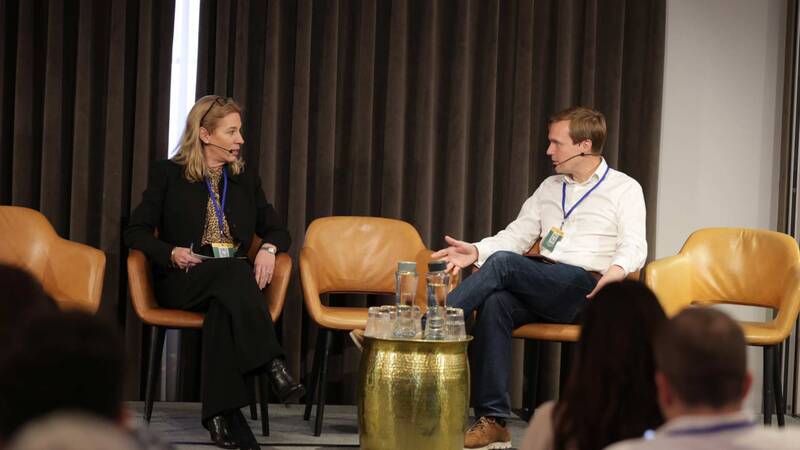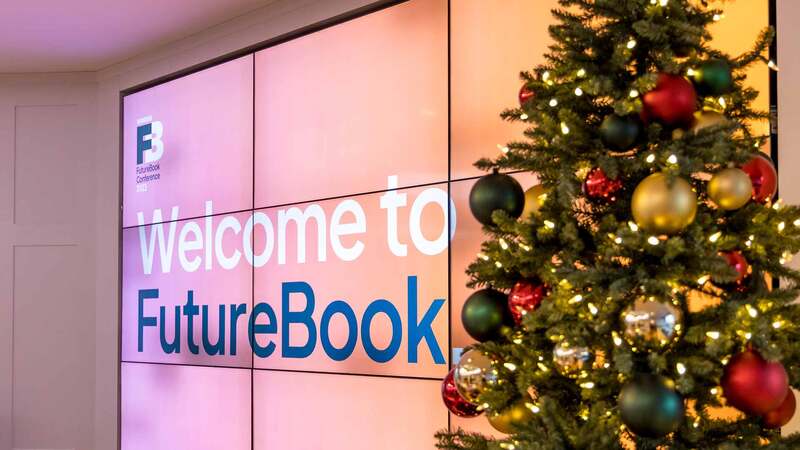You are viewing your 1 free article this month. Login to read more articles.
The industry must explore 'feasible' ways of incorporating consent when using AI, FutureBook hears
The publishing industry must explore "feasible" ways of incorporating consent when using AI, The Bookseller’s FutureBook conference has heard.
In the session entitled "How should publishing navigate the evolving AI landscape?", Dan Guthrie, director general for the Alliance for Intellectual Property, spoke about the moral implications of Large Language Models (LLMs). He said AI companies "have decided that they will take all our content, exploit it for commercial purposes and not give us any money for it and that is, quite frankly wrong, we say that is illegal".
He said it would be "unrealistic to suggest that it won’t have an impact on employment within the sector", and called for a discussion between creators and publishers about how money is "rightly shared".
Guthrie said that even if LLMs concede the need for consent, “it’s also about tens of thousands businesses which plug into those large language models... if we don’t get it right and we don’t get them seeking consent, then that creates a whole infringing platform for the whole ecosystem for time immemorial”.
The importance of finding practical solutions for asking consent on a massive scale was a major talking point. Dan Conway, c.e.o. of the Publishers Association, and panel chair, said: “There is a long tail of AI and that is why collective licensing should be explored... how do you create a market where it is feasible to do this? And it’s up to our industries to show it works.”
Emily Guille-Marrett, chief commercial officer at children’s reading platform Pickatale, said: “I think we’re going to see models which are very specific to the industries or what we’re trying to do with them... you will still have your Metas and your Amazons ... but you’ll see smaller companies come up with targeted models and that’s how we win the feasibility argument... if we want them to be better, we need them to be more targeted.”
Guthrie also urged for a more vocal sense of ownership and said: “We also need to start talking about this as ’our content’, it’s not freely available... and passionately owning our content as ours, and if they need our content they need to come and ask us for it. At the moment they say ’well, it’s out there and so why shouldn’t we’ and that’s like saying the Guardian content is out there, that there’s less protection than the FT which has a paywall... that’s not how copyright works, and that’s not how moral rights should work either.”
The conference heard earlier from Nicola Solomon, the Society of Authors’ c.e.o., on the dangers of copywriting jobs going to machines because these roles provide a foothold for authors while getting into a full-time writing career.




















